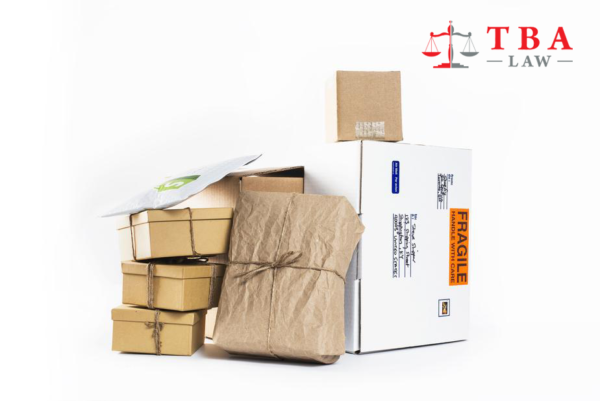The commercial lease – what happens to goods left behind?
By Rochelle Manderson
Commercial leases are an important part of business dealings, and generally speaking they run smoothly. At the conclusion of the lease, the tenant leaves and they take their things with them. However, what happens to anything left behind? And What can the Landlord legally do? And a word of warning, this blog gets deep, so stay with me!

If there is an agreement in place between the parties prior to the abandonment of the goods, the provisions of the agreement must be followed. This would most likely form part of your lease documents. In the absence of a prior agreement, the requirements for dealing with uncollected goods from a commercial lease are covered under Division 4.2 of the Australian Consumer Law and Fair Trading Act 2012 (Vic). This division differentiates between low value, medium value and high value goods and specifies different requirements for dealing with each category of goods.
- Low value goods are defined as goods valued at less than $200.00.
- Medium value goods are defined as goods valued at between $200.00 and $5,000.00.
- High value goods are valued at more than $5,000.00.
Under the legislation, goods are abandoned if the tenant (or “provider”) has not collected, taken delivery of, or given direction for the delivery of the goods to the landlord (or “receiver”). Goods are not abandoned if the landlord has prevented the tenant access to the goods.
Disposing of uncollected goods:
The landlord may dispose of the goods (excluding disposal of a motor vehicle) if they have given the tenant written notice (physically or by mail) of their intention to dispose of the goods, and 28 days have elapsed since giving notice without the tenant taking delivery of, or giving directions to take delivery of, the goods. The landlord is entitled to a relevant charge for storing the goods. The relevant charge is the reasonable costs of delivery, storage and/or insurance of the uncollected goods.
For medium and high value goods, the landlord should also send notice to the owner of the goods if they are aware that the owner of the goods is different from the tenant. For high value goods, the landlord should also search the PPSR to identify anyone who may have a publicly registered interest in the goods.
When the provider (tenant) cannot be located:
The landlord must make a reasonable attempt to locate or communicate with the tenant. If they cannot locate or communicate with the provider, other requirements for disposing of the goods must be followed.
- For low value goods, 60 days must elapse from the day the goods became uncollected goods. The receiver can then dispose of the goods by sale, destruction, appropriation, or any other means.
- For medium value goods, 90 days must elapse from the day the goods became uncollected goods. Goods must be only disposed of by public auction or by private sale, with reasonable care taken to reasonably obtain the best price possible.
- For high value goods, 180 days must elapse from the day the goods became uncollected goods. Goods must only be disposed of by public auction (advertised at least 7 days in advance) or by private sale (if notice has been given and the receiver has the reasonable belief that the best price can only be achieved through private sale).
Requirements after disposal of goods:
The landlord must prepare and keep a written record of the disposal of the goods within 7 days after disposing of the goods, and this must be kept by the landlord for 6 years.
The landlord is not entitled to keep the proceeds of the sale. The landlord may retain the relevant charge – that is the reasonable costs of storing, maintaining and disposing of the goods. The remaining proceeds of the sale should be deposited with the State Revenue Office as unclaimed money.
If you are a Landlord and you find yourself in this position, you should speak to your Solicitor to ensure you have covered all the requirements for your required notices, and to ensure you have protected yourself and followed all the requirements of the law.





Leave A Comment